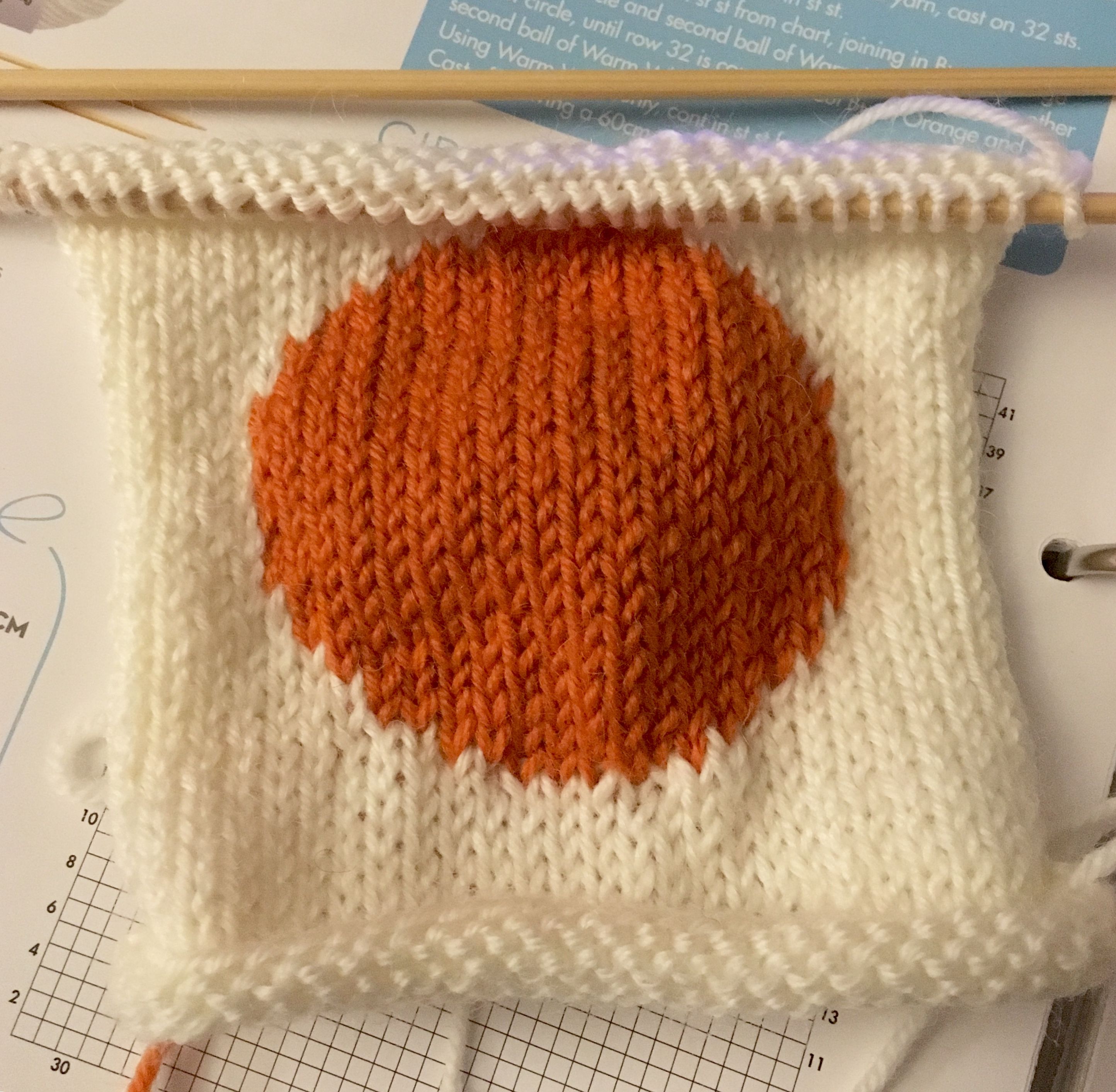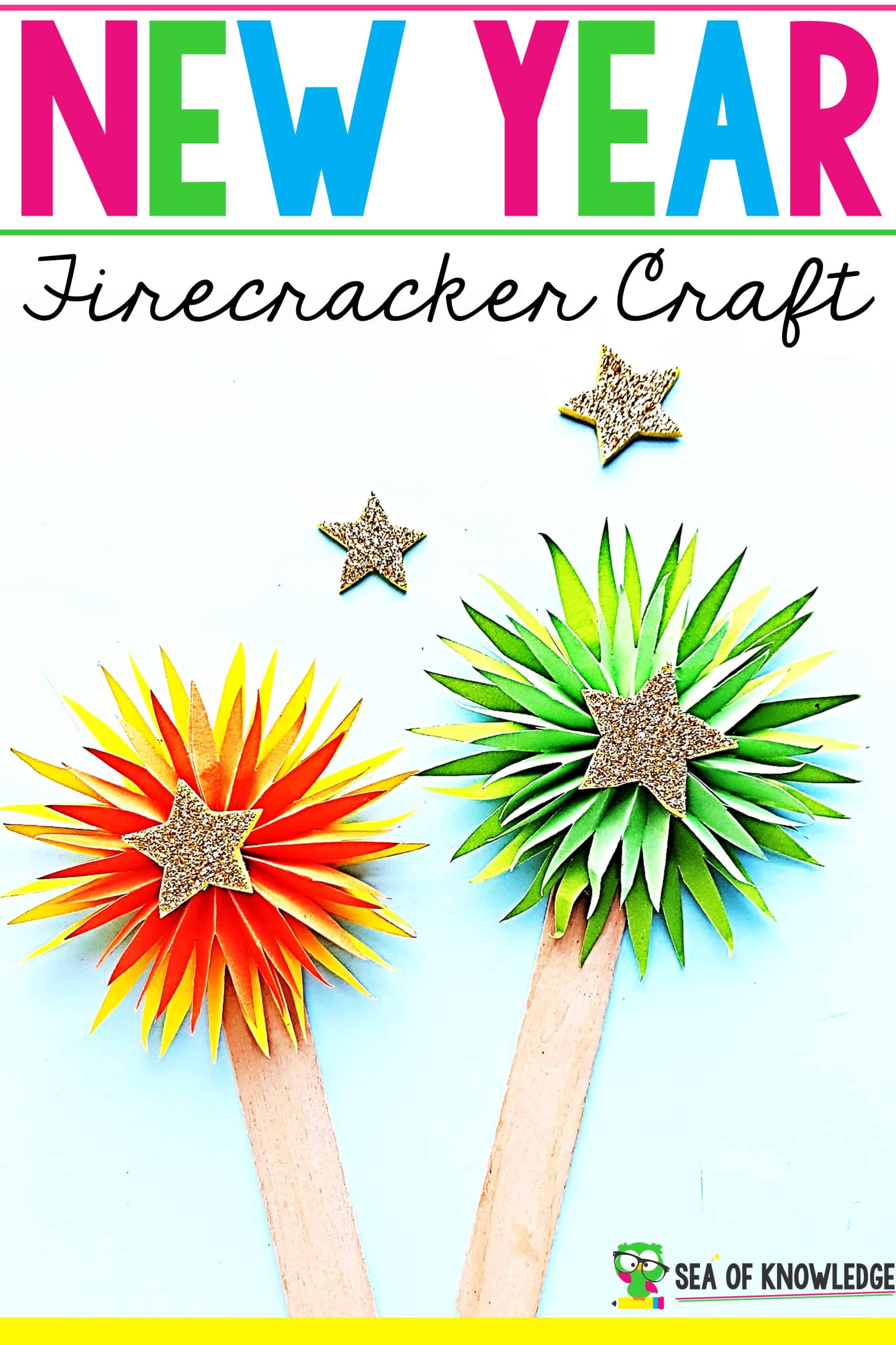
Jigsaws are homes made in such an order that they fit together as a puzzle. Andrew Verri (a well-known architect) and Tom Henderson (a highly skilled builder) developed the Jigsaw House concept. Jenny Edwards, a scientist communicator, also supports the concept.
XTEN Architecture's Nakahouse
The Nakahouse in Hollywood Hills is a stunning minimalist home. It was designed by XTEN Architecture, a California-based practice. The purpose of the home was to maximize its natural beauty. It has been featured several times in architectural magazines and exhibitions.

The XTEN Architecture group follows simple lines of contemporary architecture, but incorporates an avantgarde feeling. The "Nakahouse" was built to replace a 1960s home on a slope just below the Hollywood sign. The architects worked within budgetary constraints and zoning regulations to design a house that was both stunning and functional. Instead of building a new one, the firm decided to use the foundation.
Tom Henderson's "Jigsaw residence"
Tom Henderson is the founder of Jigsaw Housing, which builds sustainable and energy-efficient homes. Jigsaw Housing began as a small business on a piece of land in Canberra's northern suburbs. Tom was interested in energy efficiency and affordability, and worked with an architect and an energy consultant to come up with a unique way to build homes that meet the needs of modern homeowners.
Henderson was born in Canberra, Australia and later set off on a world tour to visit ashrams in India. His trip took him to Europe where he worked odd jobs and learned many languages. In Denmark, he met his future wife. He became a father at the age of 23.
MRI Housing Options suite
MRI Software, a global leader in real-estate software solutions, acquired Housing Partners, a specialist technology provider in the UK and Ireland for social housing. Housing Partners' brands, which are already available to MRI customers, will add their capabilities to MRI’s residential property management technology options.

The MRI Housing Options suite includes a customer-focused tool and a complete case management software. It provides support and advice about all housing options. It is available for all English local authorities and supports the new obligation to refer.
FAQ
What is observation hobby?
Observation hobbies involve watching people do the things they love. This could be watching sports, reading books or going on holiday. It could also involve observing others.
You can learn creativity through observation hobbies. This knowledge can be used later to help you with projects that you are working on for others or yourself.
You will discover that learning is easier when you are interested.
For instance, if football is something you are interested to know about, you can watch the game or read a book. To learn more about photography, it is possible to visit and take photos.
You could also buy a guitar or play along online to music if you are a musician.
If you love cooking, you can either cook your meals at home or order from a local restaurant.
If gardening interests you, you could plant vegetables or flowers.
You could take a class or go out dancing with your friends if you enjoy dancing.
You can paint pictures if your passion is painting.
Write poetry and stories if that is what you love to do.
Drawing pictures is a great hobby.
If you have a passion for animals, you might be able to look after them or work in a zoo.
If you enjoy science, you might consider studying biology, chemistry and physics.
You can read books, listen to podcasts, or watch films if history interests you.
If you enjoy travelling, you might consider exploring your local area or traveling abroad.
What are good hobby ideas?
The best hobbies are those that you enjoy doing for yourself. If you enjoy what you do, it will be much easier to keep going. It will also be easier to find a reason to stop feeling tired or sick.
Hobbies that we all know and love include gardening, painting and crafts, photography, cooking, sports and games, reading, music, film-making, collecting, cycling, walking, dancing, writing, playing instruments, etc.
You could also consider volunteering at a local charity shop, animal shelter, children's hospital, hospice, elderly care home, school, community center, church, etc.
If you're looking to do something more adventurous, Why not take up scuba diving, rock climbing, sky diving, bungee jumping, white water rafting, sailing, surfing, canoeing, kayaking, horse riding, zip lining, hang gliding, paragliding, skydiving, snowboarding, skiing, mountain biking, hiking, camping, fishing, hunting, archery, shooting, clay pigeon shooting, target shooting, golf, tennis, swimming, snorkeling, windsurfing, waterskiing, kitesurfing, wakeboarding, standup paddle boarding, hang gliding, parasailing, hot air ballooning, paragliding and many more.
You can spend your time outdoors in many different ways, including spelunking, snowshoe hiking, snowshoe hiking and more. These include caving, cliff diving, cave tubing, abseiling, sea kayaking, rafting, canoeing, climbing, trekking, bushwalking, mountaineering, backpacking, trail running, orienteering, off-road driving, quad biking, motorcycling, motorcycle riding, dirt bike riding, jet boating, hang gliding, hang gliding, parachuting, hang gliding, heli-skiing, ice skating, snowmobiling, snowshoeing, snowshoeing, cross country skiing, downhill skiing, telemark skiing, ski touring, sled dog racing, snowboarding, snowkiting, snowmobiling, spelunking, snowshoe hiking, snowshoeing and many more.
What does it cost to have a hobby?
It costs nothing to start a hobby. If you are serious about your hobby it could take years before you achieve your goals.
But there is one thing that can help you. It's called passion. If you feel passionate about your chosen field, you'll find it easier to put in the work required to achieve your goals.
You may become addicted to the activity once you have put in enough hours. Here is the fun part! Because you're doing something you like and it keeps getting better. You'll probably see a substantial improvement by the end.
It doesn't matter how long it takes. Don't be afraid to try. You may be surprised.
What are educational hobbies, you ask?
An educational hobby involves a sport or other activity where you can learn something from doing it. This could be anything you want, such as playing sports or learning how to play an instruments.
You should have fun with it. While you don't need to do it every day, if bored you might consider other activities.
These activities could end up costing you far more than what you pay for.
What hobbies are best for introverts and what types of hobbies would they enjoy?
Introverts are able to concentrate on one thing at once. They prefer solitude, such as reading, writing music, or watching movies.
They enjoy being alone and spending time alone. However, they do not enjoy socializing all day long. In fact, they often find themselves bored when surrounded by people.
This is why introverts often choose hobbies that require them to be alone. You might find them reading books, listening, playing music, taking photos, writing poetry or painting.
Some introverts even choose to live alone. This allows them to concentrate on their hobby and not be distracted.
What can I do to make money from my hobby or business?
Many hobbies can help you make extra money.
If you are passionate enough about your hobby to decide to sell it,
You might consider setting up a website to sell rare stamps if you have a collection.
You can make extra money without the hassle of buying and selling stamps.
You could also create a YouTube channel to talk about your hobby.
This allows one to share their passion with others, potentially generating additional revenue through the offering of premium content.
What are some hobbies that you like?
Hobby Ideas that are great for people who enjoy teaching others.
Hobbies can be a great way to have fun and learn something new.
There are many different types of hobbies, but they all have similar characteristics. These hobbies are often enjoyable and require minimal effort.
They also tend to involve working with others, whether teaching someone how to play an instrument or helping them build a model airplane.
You might not think about yourself as a teacher, but chances are there's something you could do to help someone else learn.
If you're looking for more creativity in your life, think about starting a hobby so you can share your talents with others.
Statistics
- This 100% accurate personality-analyzing hobby quiz discovers your passion based on your characteristics. (quizexpo.com)
- Almost 80% of people claim to have no hobby. (hobbylark.com)
- A new survey by Pew Research Center of teens ages 13 to 17 finds that 36% of girls feel tense or nervous about their day every day; 23% of boys say the same. (pewresearch.org)
- Much of this decline reflects the fact that teens are less likely to work today than in the past; among employed teens, the amount of time spent working is not much different now than it was around 2005. (pewresearch.org)
- I am 100% biologically a woman (discover.hubpages.com)
External Links
How To
How to begin gardening
Gardening is one among the oldest forms. It requires persistence, patience, and determination. You must choose a suitable location to start your garden. You could choose to plant food on a large parcel of land, or in your own backyard. Next, select the kind of plants that are most appealing to you. Do you prefer flowers or vegetables? Some people love to grow herbs, while others enjoy raising animals like rabbits. Before you decide on what type of crops to plant you need to take into consideration how much space you have. If you live in a climate that experiences cold winters, then you might decide to grow fruits or berries as they do well in colder climates.
Once you have selected the plants you wish to plant, you should prepare your soil. Your plants' success or failure will depend on the soil they are placed in. Good quality soil contains organic matter that helps feed your plants' roots. Organic matter includes organic matter such as leaves, twigs or grass clippings. After you have prepared the soil, you will need to add nutrients. You might need different amounts, depending on the species of plants that you want to grow. Online fertilizer calculators can be used to determine these values. There are many fertilizers on the market, so ensure you understand what you are buying.
After you have prepared the soil and added nutrients, it is time to wait for your seeds germination. The process typically takes 2 to 3 weeks depending on the weather conditions and temperature in your area. After your seeds sprout, it is important to water them frequently. Overwatering your plants can lead to problems. Avoid overwatering your plants. Overwatering could lead to root rot as well as fungal diseases. Consider that plants generally need less water in the warmer months than they do in winter. You should also remember that some plants will need to dry out once they have been watered. For example, tomatoes need to stay slightly moist but not wet. Soggy soil is not a good choice for tomatoes. After plants finish flowering, they need to go dormant. Dormancy occurs when plants stop producing any new growth and start to store energy for the next harvest. Dormancy means that the plant stops communicating with its roots about producing food. Throughout this time, plants can store energy. However, the plant will die if temperatures drop below freezing or there is insufficient sunlight.
Urban areas can limit your choices for plants. Concrete sidewalks, roads or parking lots can block sunlight from reaching urban areas. Concrete absorbs sunlight and blocks the soil below from receiving adequate sun exposure. This is why many plants cannot thrive in cities. Many plants can still thrive in urban settings. Many trees, shrubs and perennials can thrive in urban environments. Many annuals can be grown indoors, too, in containers. You can bring greenery inside your home all year round, regardless of the weather.
You are now ready to plant your garden!